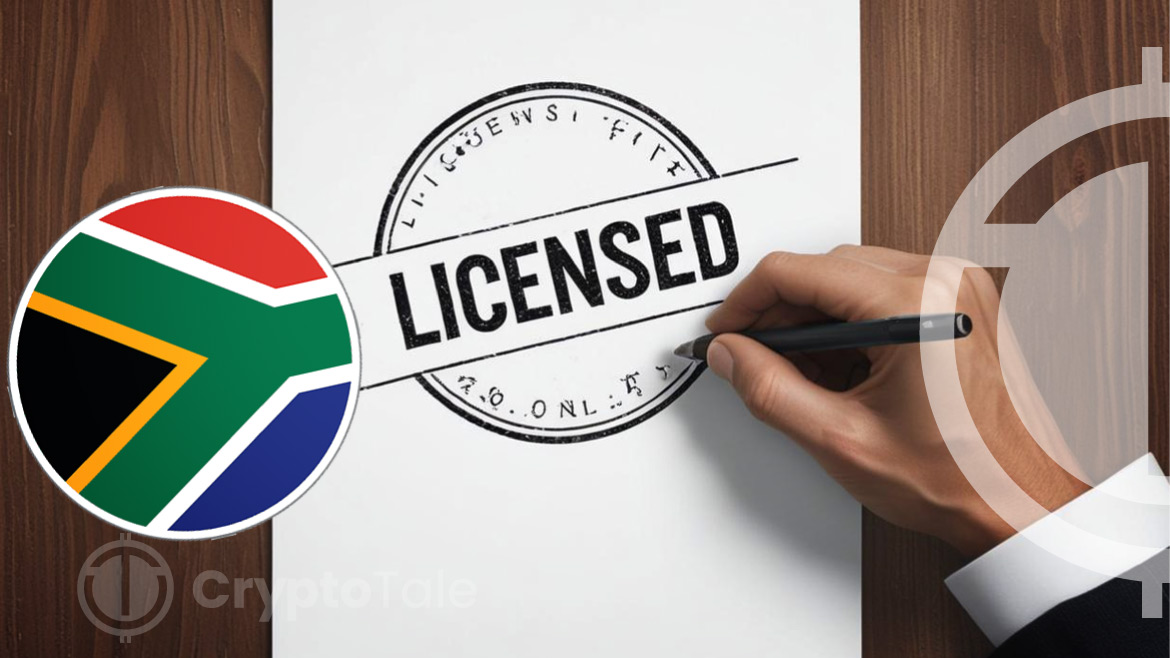- FSCA licenses 63 new crypto providers, bringing the total to 138, enhancing regulation in South Africa.
- Reviewing 383 applications, FSCA rejected 5 and saw 80 withdrawals, emphasizing strict compliance.
- FSCA’s strict stance ensures only compliant crypto entities operate, protecting consumers and market integrity.
The Financial Sector Conduct Authority (FSCA) of South Africa has enhanced cryptocurrency regulation by licensing 63 new crypto asset service providers (CASPs). This development brings the total number of CASPs operating legally within the country to 138. The authority’s commitment to establishing a secure and regulated cryptocurrency market is highlighted by this increase.
On July 2, the FSCA announced it had reviewed 383 applications from various entities eager to operate within the crypto space. Out of these, the authority rejected five applications for failing to meet the stringent ‘fit and proper’ criteria mandated by the local financial services laws. Additionally, 80 applicants voluntarily withdrew their submissions after detailed discussions with the FSCA, indicating a proactive engagement between the regulator and potential service providers.
The FSCA has extended an offer to those with rejected applications, allowing them to reapply once they have adjusted their operations to meet the regulatory standards. Until then, these entities are prohibited from performing any CASP-related activities, as outlined under the FAIS Act. This strict stance underscores the FSCA’s determination only to allow fully compliant entities to operate, thereby enhancing the overall integrity of the financial market.
The FSCA closely monitors unauthorized CASP activities, and any institution or individual found in violation faces severe regulatory action. This rigorous enforcement serves to deter non-compliant behaviors and ensures that all operations align with national financial regulations, safeguarding consumer interests and maintaining market stability.
Pick n Pay Sees 40x Increase in Crypto PaymentsFurthermore, the FSCA clarified a critical point regarding the status of cryptocurrencies in South Africa. Despite the increased regulatory approvals, crypto assets remain unrecognized as legal tender or conventional ‘cryptocurrency’ by the country’s central bank. The authority emphasized that these assets are viewed differently from traditional currencies, and any misinterpretations in media reports regarding their status are incorrect.
With these measures, the FSCA positions South Africa as a leading example in regulating digital currencies. By fostering a compliant and secure environment, the authority protects consumers and encourages innovation and growth within the sector. This balanced approach promises to further integrate cryptocurrencies into South Africa’s broader financial landscape.






